Rafa Benitez has finally won his battle of power with Graham Carr - and Newcastle will be better for it
Carr's ousting as Newcastle's chief scout is hugely significant for the club. Benitez has removed both an obstacle and a dissenting voice and now has control over player recruitment
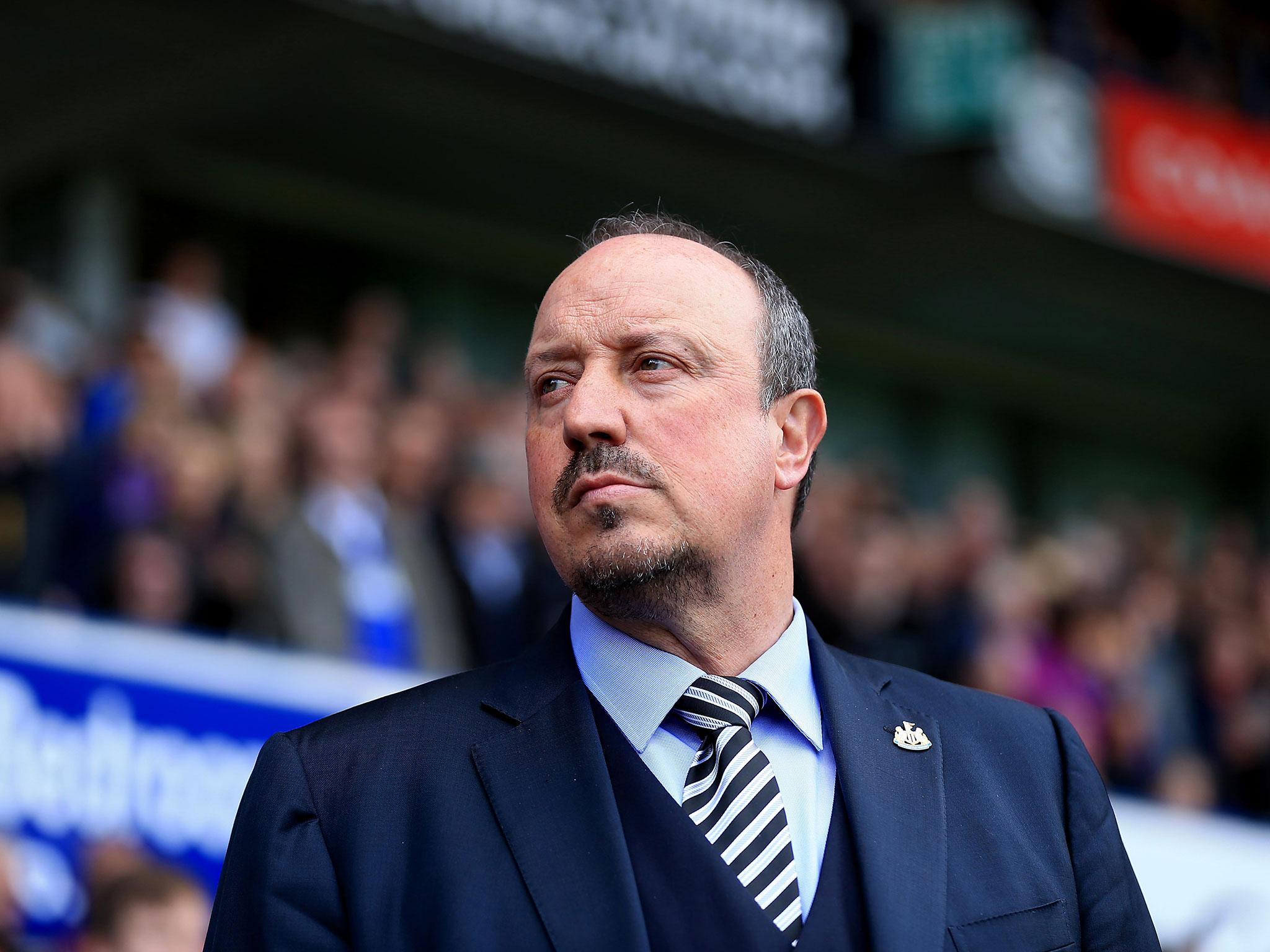
Your support helps us to tell the story
From reproductive rights to climate change to Big Tech, The Independent is on the ground when the story is developing. Whether it's investigating the financials of Elon Musk's pro-Trump PAC or producing our latest documentary, 'The A Word', which shines a light on the American women fighting for reproductive rights, we know how important it is to parse out the facts from the messaging.
At such a critical moment in US history, we need reporters on the ground. Your donation allows us to keep sending journalists to speak to both sides of the story.
The Independent is trusted by Americans across the entire political spectrum. And unlike many other quality news outlets, we choose not to lock Americans out of our reporting and analysis with paywalls. We believe quality journalism should be available to everyone, paid for by those who can afford it.
Your support makes all the difference.“Will you be happy to keep working with Graham Carr?”
That question was asked of Rafa Benitez on Thursday, April 27, less than 72 hours after Newcastle United had been promoted back to the Premier League, at the first time of asking.
“I am just concentrating on Cardiff, so that’s it,” he replied. He was terse, tight-lipped and would say nothing more about Carr, the Newcastle United chief scout. He didn't need to. The contrast to everything else was telling. Benitez was in a really good mood. He was talking about success and he was talking about the future.
“It’s so simple,” he said. “When you have a manager and a managing director and you have the football operation and business operation. Then we have to communicate every day and have the same ideas.”
More than anything he was making plans, and Carr was not in them.
Graham Carr had been sat in Mike Ashley’s villa in Majorca with his wife on a beautiful summer’s evening in June 2012. He thought it was just a club get together, when Ashley walked over, sat next to him, and informed the then 67-year-old that he was getting an eight-year contract.
He recounted the story to me in the Gosforth Park hotel a year later, and he looked like a man who had found a crumpled up winning lottery ticket in his newly washed jeans as he spoke. He was still full of disbelief.
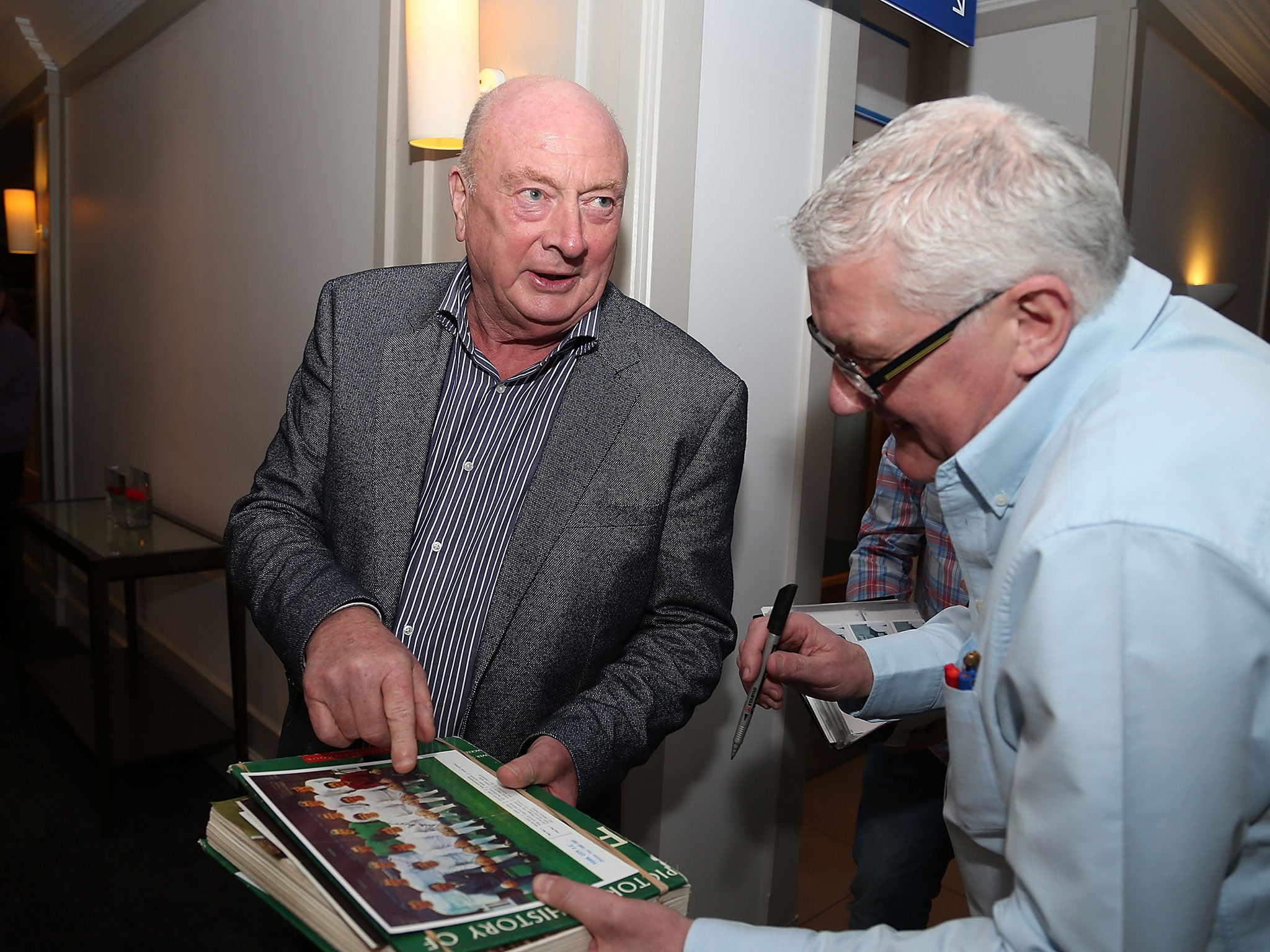
Carr had done well to point Ashley in the direction of Hatem Ben Arfa and Yohan Cabaye, and he was knowledgeable in France and Holland, where the Newcastle owner perceived bargains lay (the former Newcastle manager Chris Hughton insisted he had been watching Cheick Tiote before Carr - who he actually took to St James’ Park - had spotted the midfielder in the Eredivisie).
Ashley wanted someone to spot cheap, young talent who he could sell on for a profit. Carr was his man. It immediately alienated and limited the power of a manager, or head coach as was Newcastle’s revised model. Alan Pardew became peripheral in transfers. In the January transfer window of 2013, five French players arrived at St James’ Park and Pardew didn't even recognise one of them.
A flaw was becoming apparent: the distance between what Carr was watching and what the head coach wanted. He was rarely seen at either training or games, but he retained the support of Ashley because he was the man who found bargains.
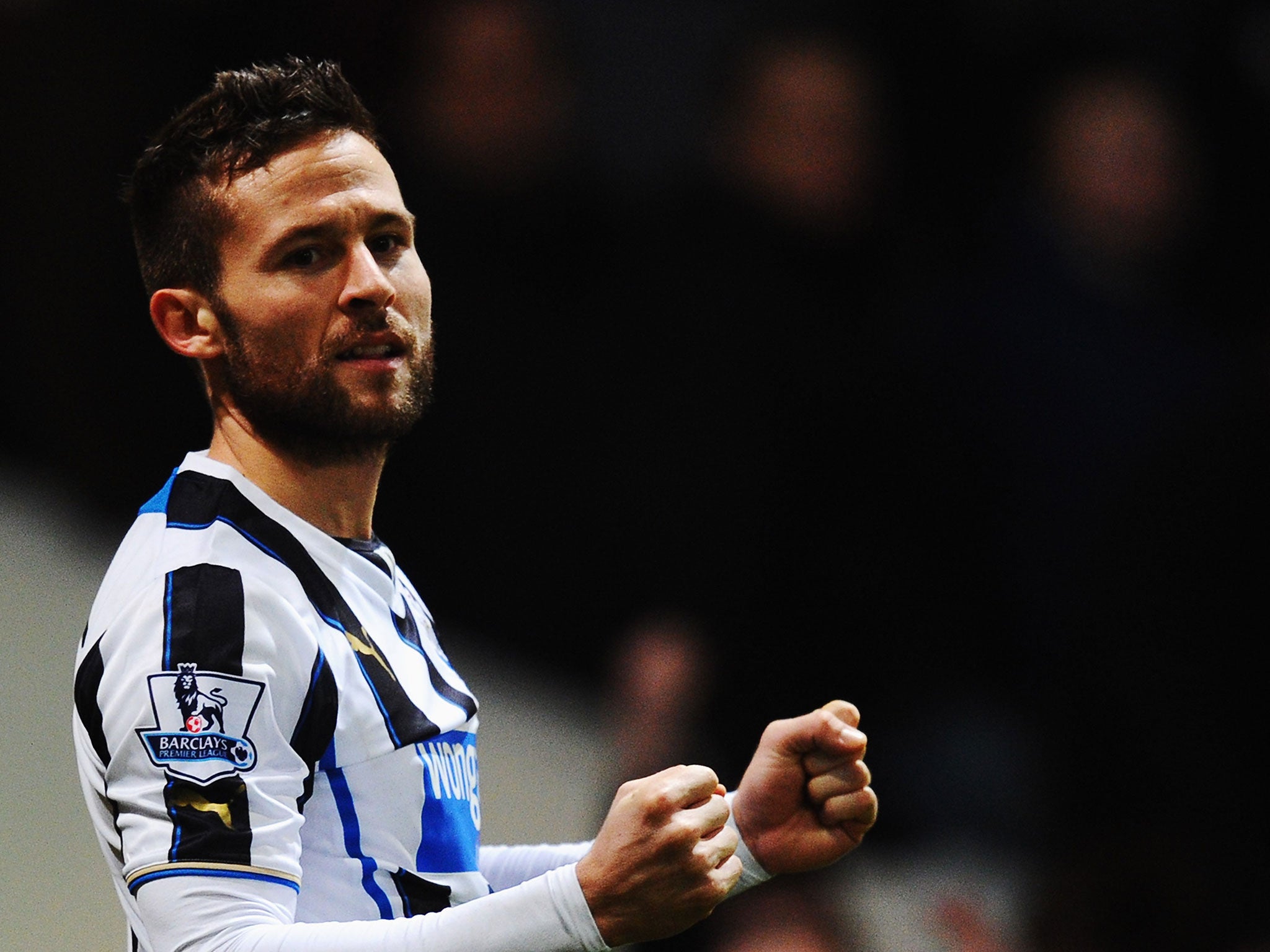
Carr resigned when Joe Kinnear made his ill-fated return to St James’ Park as football director but his lot was so high that Ashley personally persuaded him to stay. The signing of Ben Arfa, Cabaye, Mathieu Debuchy and his involvement with the move for Tiote would be the high of his time spent flitting around Europe, especially France, where he had a network of connections.
Heavy fees (more than £45m) went on Florian Thauvin, Remy Cabella, Manu Riviere and Aleksandar Mitrovic, and none were great successes. He could not find the centre forward the club so desperately needed.
Steve McClaren superseded Carr and the club’s transfer structure to buy Andros Townsend and Jonjo Shelvey. Newcastle had a football board, with managing director Lee Charnley, former captain Bob Moncur, McClaren (until the board met to discuss his future) and Carr. All agreed McClaren should be sacked in March last year. All agreed that Benitez would be an inspired replacement. That was the beginning of the end for Carr. After failing to keep the club up, Benitez was given assurances about his control in the transfer market last summer. He would have the final say on players who would join the club. It was a huge u-turn from the previous procedure.
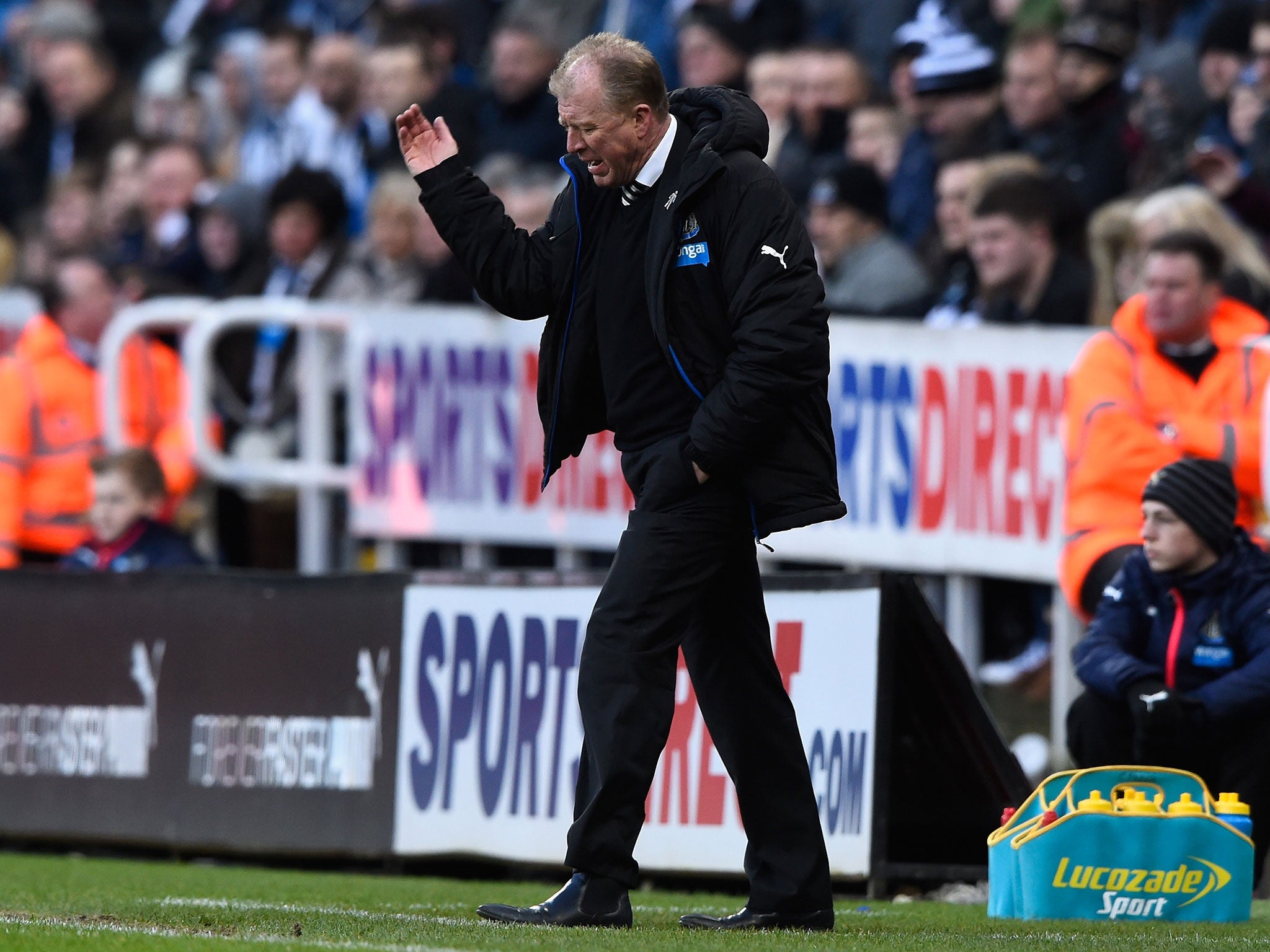
Benitez signed 12 players, including Dwight Gayle, Matt Ritchie, Ciaran Clark, Mo Diame, DeAndre Yedlin, Isaac Hayden and Daryl Murphy, blending youth with experience, stretching the age limit on signings. He says privately that a success rate of around 70-80 per cent is the most a manager can aim for. He has succeeded in that, but on January 7, when Newcastle travelled to Birmingham, sitting in the Spion Kop Stand at St Andrew’s was Ashley and, alongside him, Carr. Newcastle drew 1-1 and were not overly impressive. Both men left the stadium before Benitez had the chance to say hello.
Whatever was said, the spending stopped. Benitez, who had made a profit of £30m, was denied the opportunity to sign Townsend and the Everton midfielder James McCarthy. He remained deeply frustrated that there had been a dramatic change in policy. The controversial buying of players under the age of 25 was also coming back. Benitez was genuinely mystified. The club was on a role and then the goalposts moved.
Carr was sheepish when he arrived for a transfer meeting earlier this year at the club’s training ground, after the policy alteration. He had only two targets, one of whom was priced in excess of £40m. Newcastle were still a Championship club.
Benitez devoured information and videos of any possible target and spoke to agents about contract clauses and unhappy players who he might be able to sign. That was not Carr’s way. Benitez wanted control and he wanted the incredible level of detail that has been a symbol of the club’s revival under his leadership in every signing.
When the season had finished, with Newcastle as Championship champions, talks started at Shirebrook, which would go on for four hours, about the future direction of the club and Carr’s removal was top of Benitez’s list. Ashley relented, finally.
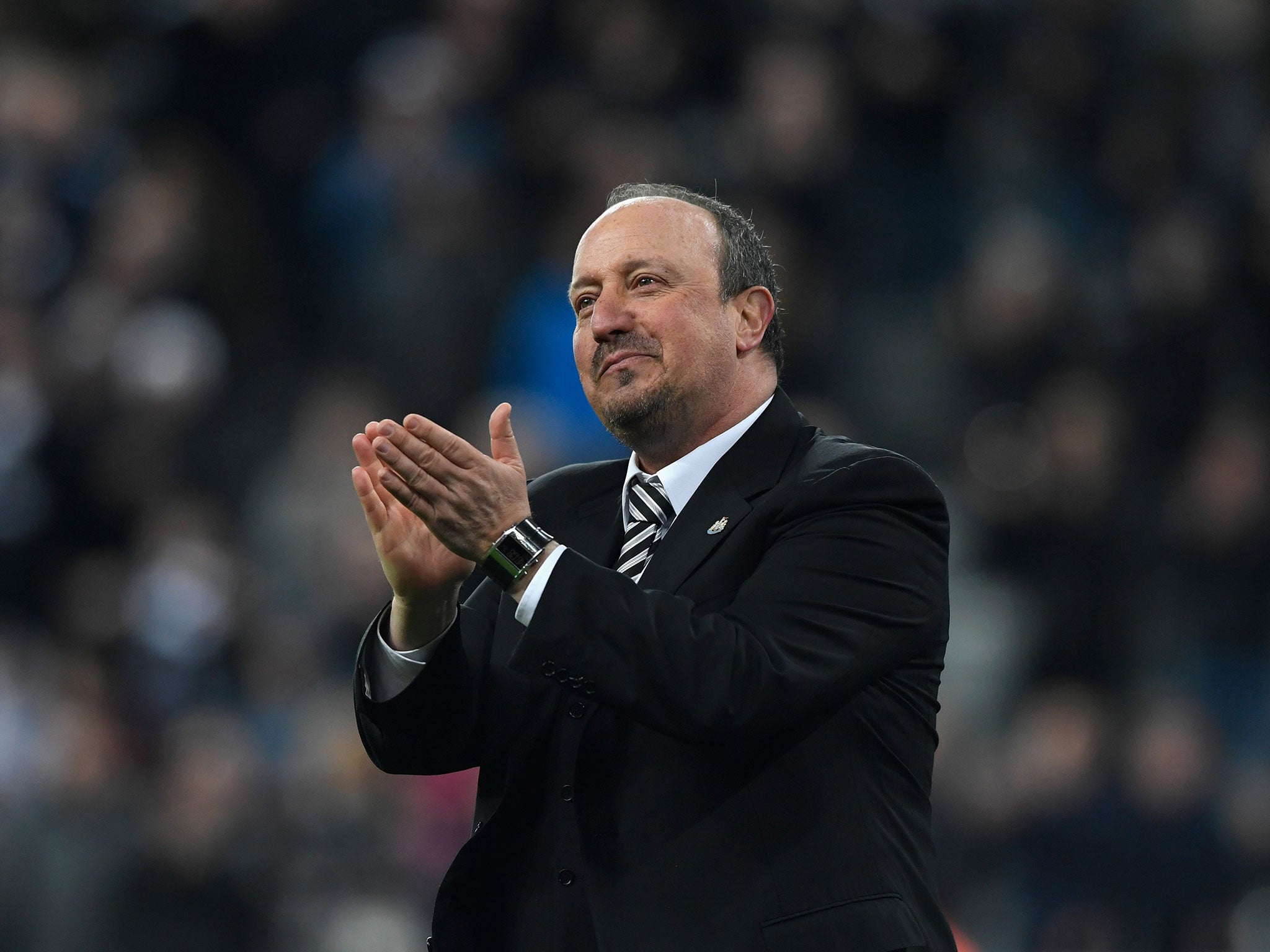
The departure did not come immediately, but on Wednesday evening the club confirmed Carr had left by mutual consent.
His ousting is hugely significant. Benitez has removed both an obstacle and a dissenting voice. He has control over player recruitment now. His next task is to make the club move quickly in the transfer market to land the players he wants.
Join our commenting forum
Join thought-provoking conversations, follow other Independent readers and see their replies
Comments